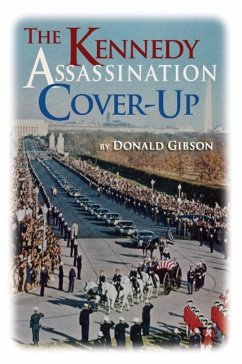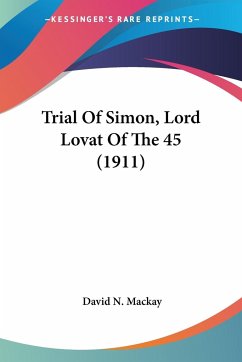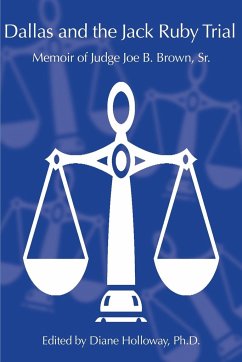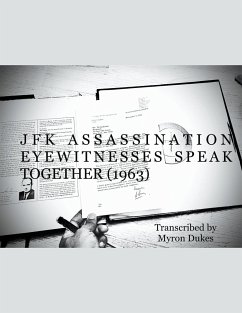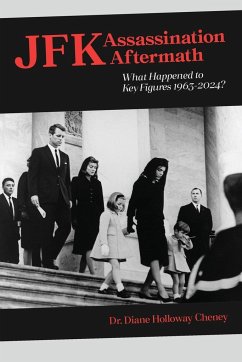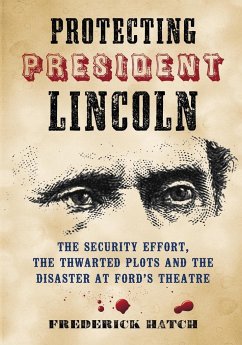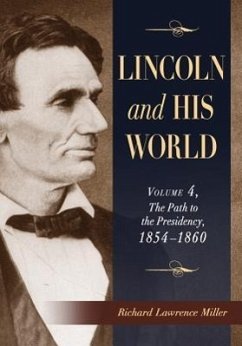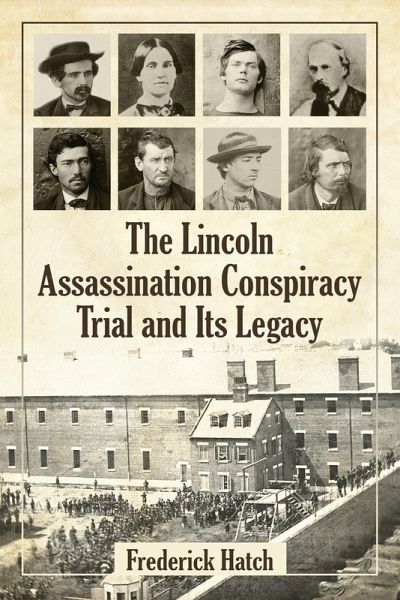
The Lincoln Assassination Conspiracy Trial and Its Legacy
Versandkostenfrei!
Versandfertig in 1-2 Wochen
35,99 €
inkl. MwSt.

PAYBACK Punkte
18 °P sammeln!
Includes appendices: I. Opinion of the Attorney General Regarding Suspension of the Writ of Habeas Corpus; II. The Constitution of the United States of America, Analysis and Interpretation; III. Opinion of the Constitutional Power of the Military to Try and Execute the Assassins of the President; IV. Digest of Opinions of the Judge Advocate General of the Army; V. Instructions for the Government of Armies of the United States in the Field.





